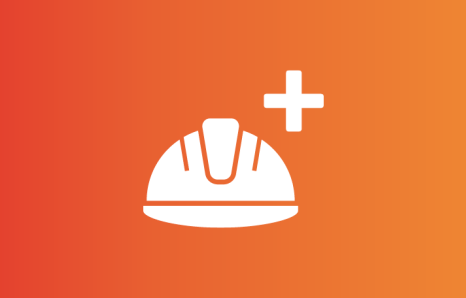Working in the rail industry can expose people to potentially traumatic events. As a manager, you want to be equipped with the tools to protect and support your team. The team and organisation around a person can play a big role in a person's recovery after an event. This session gives practical steps managers can take before, during and after an event to reduce the risk to mental health. Managers will also learn how they can protect themselves from burnout and vicarious trauma when supporting trauma-exposed colleagues.
You may also be interested in:

Building a peer-to-peer support network in your organisation
Nick Baddeley, Louise Mears and Fran Garvey-Fereday discuss the development, challenges, and implementation of a ‘Wellbeing Ambassador’ network within Network Rail. Based on their own experiences, they deliver a best-practice guide for all.

On-Road driving fatigue risk in rail operations
Technological innovation in the automation of vehicles is progressing faster than standards or regulatory bodies can keep up with. The overall market share for automated vehicles is expected to increase to approximately 40% of vehicle travel by 2040. However, automated driving is fundamentally different to manual driving. The driver must be prepared to take over control of the vehicle whenever necessary. This shifts the driver’s role from being actively engaged in the driving task to that of a passive supervisor of the system.

Top tips to protect yourself from melanoma (skin cancer)
Melanoma is the deadliest skin cancer, but nearly 90% of cases are preventable—this short video covers key facts, sun safety tips, and how to spot early warning signs that could save your life.
